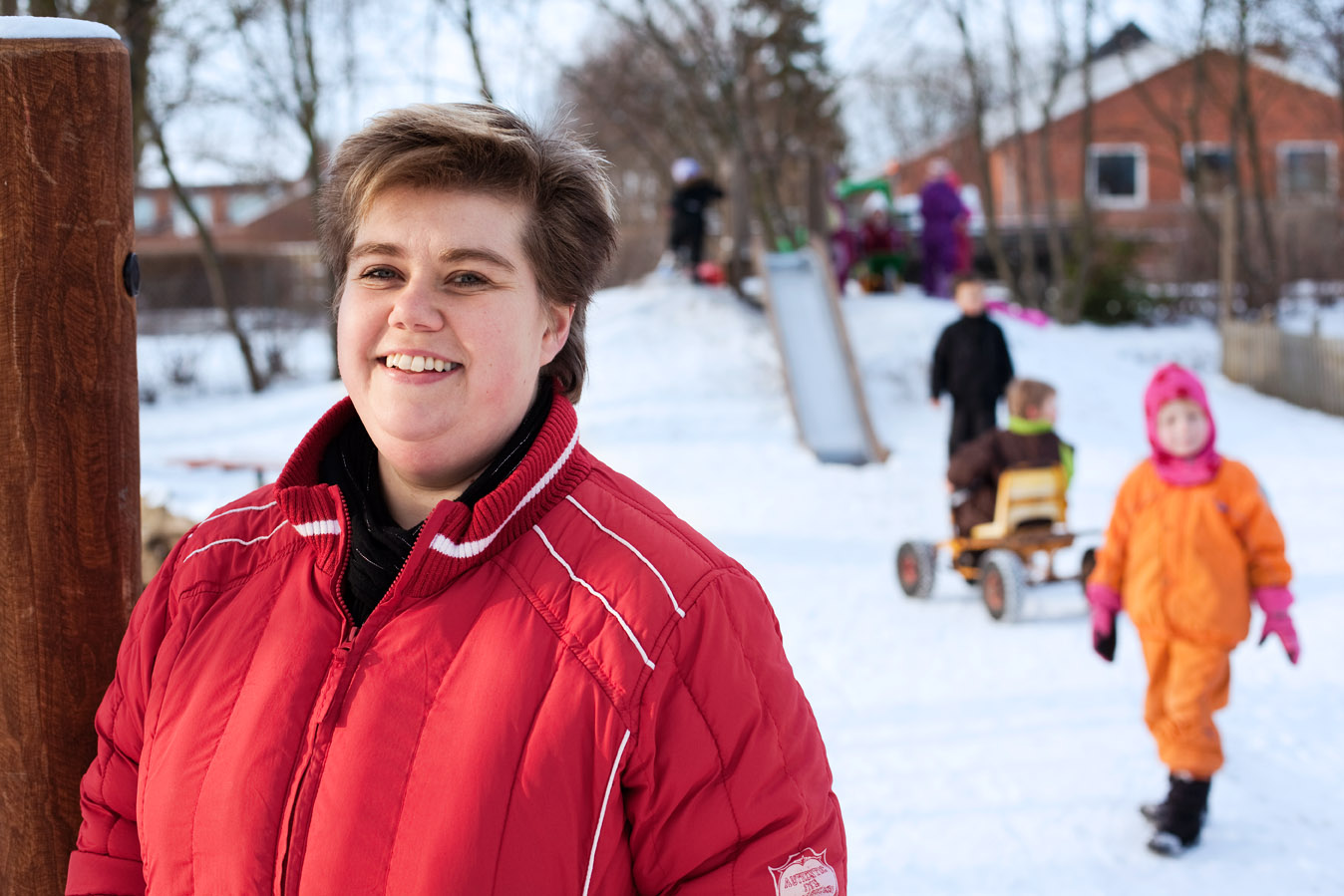Talking about sick leave is no tabu in the Høje-Taastrup municipality. Employees are encouraged to go straight to their boss when they want to go off sick. If that is not possible, the manager is advised to contact the person who goes off sick that very same day, and to keep in regular touch with him or her. The municipality has also co-operates with the private company Falck Healthcare and has started the project “Active labour medicine”. So far the project has given 250 employees with a high level of sick leave the chance to get help finding out what is necessary for them to do to return to work.
This involves visits to a nurse or social advisor, physiotherapist, psychologist and doctor. Their manager will also be involved, and the process ends with the writing of an individual plan of action for the employee, and he or she will get help to see the plan through.
Sick leave cost the i Høje-Taastrup municipality 92m Kroner (€12m) between June 2007 and May 2008. The aim is to reduce this by 20 percent at the end of the project period. And the municipality is well on its way to achieve that, says Hanne
Borchersen, head of human relations and personnel at Høje-Taastrup municipality.
“We still have a high level of sick leave, but it is falling month on month. Our experience is clear – it pays to talk about sick leave, both in daily life and in targeted conversations with workers and groups who suffer a high level of sick leave.”
Hard to talk about sick leave
She underlines how the dialogue gives workers a greater level of responsibility. They see that their presence in the workplace is important, that they are needed. She also feels continuous contact with the person who is ill reduces the risk of falling outside of the labour market, which often is the result of long-term sick leave. Managers from the municipality have also attended seminars on how to start dealing with sick leave from day one.
“The focus on management is important because all research shows work places with good management and high morals suffer less from continuous high levels of sick leave,” says Hanne Borchersen.
Municipal nurseries and their teaching staff have praised the early and close dialogue on sick leave. But it also demands a lot from managers, and not all are able to live up to these demands yet, says Heidi Hansen, who represents pre-school teachers.
Henrik Holt Larsen is a professor at the Department of Organization at the Copenhagen Business School. He agrees any conversation with an employee who is ill demands a lot from a manager. But he considers it a huge step forward that it is now becoming acceptable for an employer to make early contact with the person who is ill.
“Early dialogue on illness is definitely not easy. It must be done professionally and with a degree of decency. But it is far worse leaving the person who is ill to fend for himself.”
In his view, many employers have given people on sick leave a wide berth – perhaps to allow them to be left alone, but also out of fear of being accused of forcing people back to work. The professor thinks it is far worse to return to work after a long-term illness for a person who has lived in isolation and without a dialogue with the work place.
Unemployed and sick “made untrustworthy”
That new system got a cool reception with social workers who say it makes the unemployed seem untrustworthy. Tage Søndergård Kristensen, one of Denmark’s leading experts on working environments and sick leave, calls it a bad idea.
“The entire drive to fight the sick leave problem is based on the mistaken assumption that we have a high level of sick leave. Statistically Denmark has a very low level of sick leave compared to Norway and Sweden, and it hasn’t risen for many years,” she says.
Government figures show Denmark, together with Germany, have the lowest number of people on sick leave for one week or more. The numbers for Holland, Norway and Sweden were nearly double those for Denmark.
Social workers unhappy
The main trade unions have accepted the new rules. Yet social workers in working for unemployment insurance funds and in job centres are not happy with having to force people who are sick and unemployed to attend follow-up conversations about their illness within four weeks. Bettina Post, head of the Danish Association of Social Workers, thinks the rules make people who are sick and unemployed seem untrustworthy.
“It is a great idea for employer and employee to enter an early dialogue about illness. This gives the sick person a sense of being cared for, and it provides a plan for getting back to work. But someone who is unemployed isn’t going back to work in an unemployment insurance fund, so that conversation seems more designed to put pressure on everyone to be available for work – including people who are sick.”
Bettina Post says it would be more efficient to improve waiting lists in the public health service as a means to getting people back to work.





